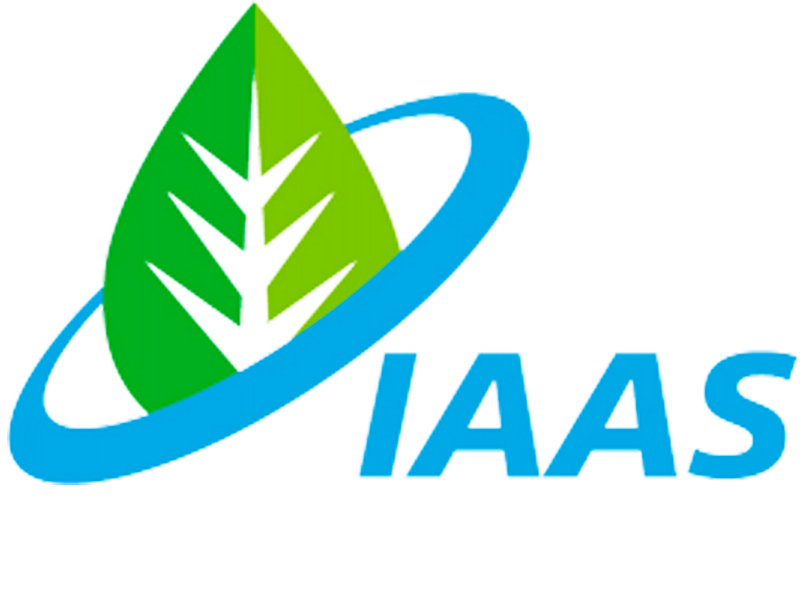Chinese scientists called for comprehensive lake management to achieve regional sustainable development
By: Peer-Reviewed Publication SCIENCE CHINA PRESS
This study is led by Dr. Boqiang Qin (Nanjing Institute of Geography and Limnology, Chinese Academy of Sciences).
Over the past decade, the pollution of rivers in China has been effectively controlled. However, the water quality and ecological status of lakes have not improved as expected.
Qin, together with famous scholars from both China and abroad, took restorations and lake responses from the mid to lower reaches of the Yangtze River as examples.
On the one hand, the standard of discharge sewage treatment plants in China is low. The discharge concentration standard of pollutants is even higher than the natural concentration of lakes. With the rapid development of the regional social economy in recent years, more wastewater was discharged, so the point source pollution control was difficult. At the same time, only a low proportion of rural non-point source pollution in many lake basins was treated.
They suggest developing tools that can address diverse sectors at larger and integrated scales. A water-food-energy-climate-economy nexus is proposed to achieve the sustainable development goal. “Water pollution governance within the watershed should be considered together with water quantity management, green farming and manufacturing, sediment management, economic transformation, and adaptation to climate change”.
Content



 Maxwell Ridgeway
Maxwell Ridgeway Polina Rytova
Polina Rytova